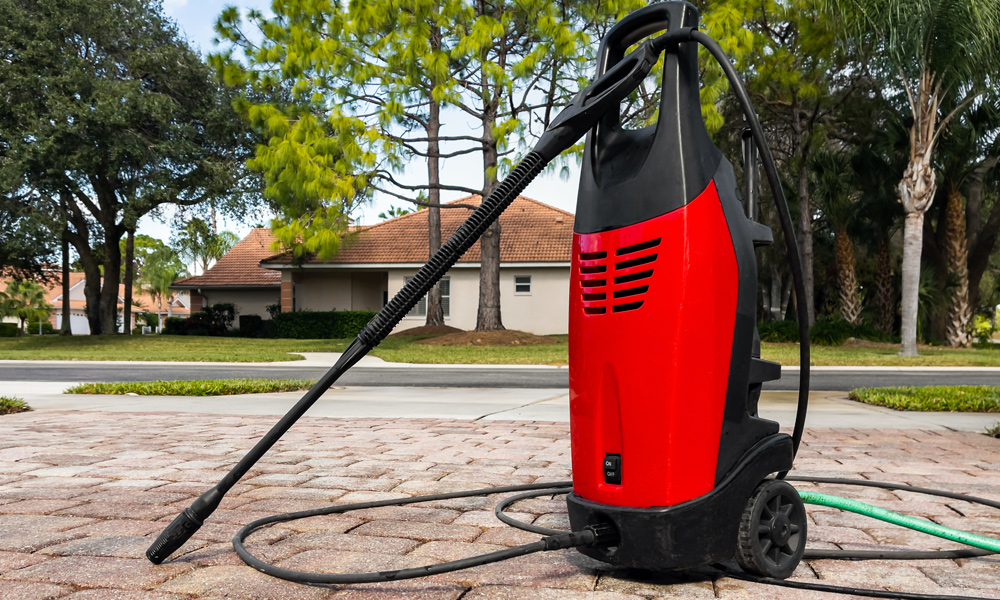An Exhaustive Guide to Winterizing Your Pressure Washer
Preparation is Key: Protecting Your Pressure Washer During the Cold Months
Pressure washers are invaluable for cleaning outdoor areas around the home, especially after long, messy winters. But as the season shifts and the temperature drops, knowing how to winterize your pressure washer is crucial. Without the correct preparation, your trusted pressure washer could sustain serious damage. This comprehensive guide provides the essential steps to winterize your pressure washer, ensuring it’s ready for spring.
Start with the Basics
Fuel System Preparation
If your pressure washer is gas-powered, you must protect its fuel system. Over time, fuel left in the system can degrade and gum up the carburetor, resulting in poor performance or damage. You can either drain the fuel or use a fuel stabilizer to prevent this. A stabilizer will keep the fuel from degrading, ensuring it’s ready for use when the warmer weather arrives.
For an electric pressure washer, you don’t need to worry about this step, as they don’t have a fuel system.
Antifreeze for the Pump
Cold temperatures can cause water left inside the pump to freeze and expand, damaging the pump’s internal components. To prevent this, use a pump saver or antifreeze. This product not only protects against freeze damage but also against rust and mineral deposits. Simply attach it to the water inlet of the pump and spray until it comes out of the high-pressure hose outlet.
Storing your Pressure Washer
After the fuel system and pump are taken care of, it’s time to store your pressure washer properly. Make sure to keep it in a cool, dry place to protect it from harsh weather conditions. Additionally, if you have a gas pressure washer, it’s best to store it away from flammable materials due to the fuel’s combustible nature.
If your pressure washer came with a cover, use it. This extra layer of protection will keep dust and debris away from your machine, helping it stay clean and protected throughout the winter.
Winterization Tips for Specific Brands
While the steps above are generally applicable, certain brands and models may have specific requirements. For instance, some of the best commercial pressure washers might need additional steps to winterize fully.
Karcher Pressure Washers
Karcher pressure washers, particularly the Karcher K5 model, are popular for their advanced technology. They feature water-cooled induction motors that increase life by up to five times compared to standard motors. When winterizing, it’s important to flush the pump with Karcher Pump Guard, specially formulated to provide antifreeze protection.
Honda Pressure Washers
Honda pressure washers have a reputation for their strong engines. Models like the Honda GX200 or the Honda GX390 have gas-powered engines that require special attention during winterization. Add a fuel stabilizer and run the washer for a few minutes to ensure the stabilized fuel reaches the carburetor.
Ryobi Pressure Washers
Ryobi pressure washers are known for their versatility and quality. Depending on your specific model, you must consider the appropriate winterization steps. For gas models, stabilize the fuel. For electric models, focus on the pump and storage.
Simpson Pressure Washers
Simpson pressure washers, like the MegaShot or PowerShot series, are trusted by professionals worldwide. Follow general winterization procedures and check your user manual for additional steps.
Closing Thoughts
Pressure washers, whether for residential or commercial use, are significant investments. Their performance and longevity largely depend on how well they’re cared for. Winterizing your pressure washer is one of the best ways to ensure its durability and readiness for use when the weather warms up.
Remember, pressure washers can be dangerous if not used properly. Ensure you understand how to use a pressure washer before operating one. Winterization might seem tedious, but it’s a small investment of time that can lead to years of reliable service from your pressure washer.

